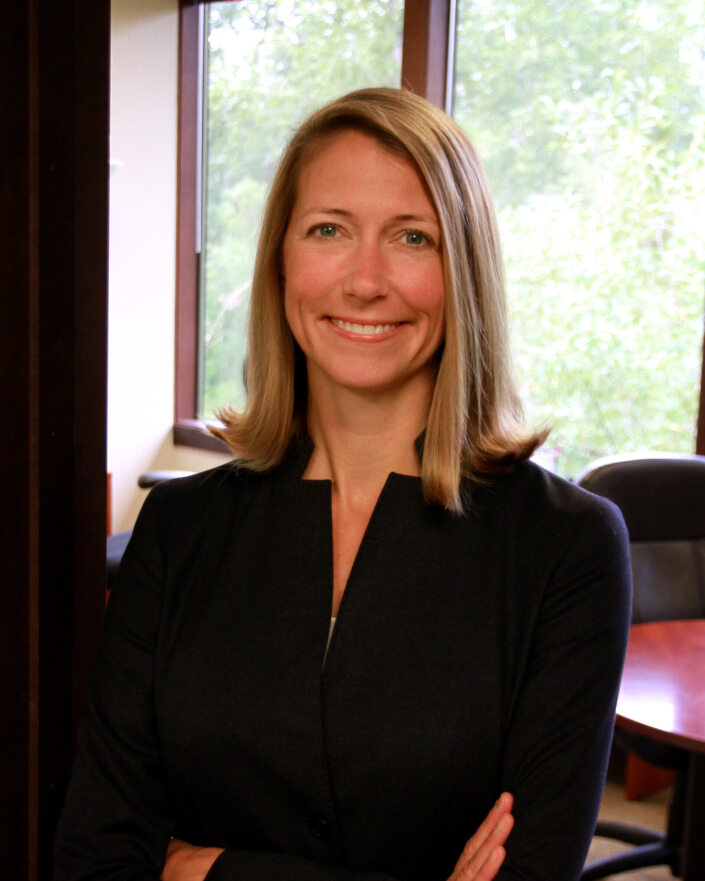Consumers have been taking an increasingly holistic approach to thinking about the sustainability of the products they buy, said Laurie Demeritt, CEO of research and consulting firm The Hartman Group.
Demeritt is scheduled to discuss evolving consumer attitudes toward sustainability, and how those attitudes impact the specialty food industry, during a session called “Understanding Trends in Retail, Foodservice and Beyond: A Research Panel” at the Winter Fancy Food Show this Sunday, January 21 at 1:30 p.m. on the Big Idea Stage.
Joining her on the panel will be Mike Kostyo, vice president at Menu Matters, and Sherry Frey, vice president of total wellness at NeilsenIQ.
Demeritt recently spoke with SFA News Daily about how consumers define sustainability and the importance of finding a “sweet spot” at the intersection of flavor, sustainability, and health attributes when it comes to specialty food products.
What are some of the key trends that you plan to highlight at the panel discussion?
Sustainability has been on consumers’ radar for a while, but we see it picking up momentum. First, we’ll talk about some of the macro factors that are impacting that. Consumers have been hearing so much about climate change and other topic areas, to the point where there are so many global problems that consumers can’t solve. There’s a sense that others need to do something, whether it’s third parties, or the government, or big food companies, or small food companies for that matter.
Then I will go into some of the topics around sustainability, looking at things like packaging. Packaging has really become a sign to consumers about how sustainable—or not— a product is. You might have a really wonderful product that was grown in a fantastic way, but if the packaging isn’t telling that same story, it’s a real disconnect for consumers.
In addition to that, I will be speaking about how consumers are looking to companies to be more transparent about what they are doing, and not doing. Even though companies might not be perfect in the minds of consumers, consumers still want to hear about what the company is doing on their journey.
What are consumers particularly interested in when it comes to packaging?
The main thing is recyclability. There’s a moment of truth for consumers after they have used a product in their kitchens, and they are looking at the packaging, and they hate to throw it into the trash because they know it is just going into the landfill. We tell our clients that having the packaging be recyclable is top of mind for consumers.
There is a lot of innovation going on out there, but I think care needs to be taken as well. Composting, for example, in consumers' minds, means the packaging is just going to disappear. It’s going to compost, and go back to the earth, and that makes them happy. The problem is that so many municipalities across the U.S. don’t offer composting where they can take it away from the consumer’s home. Consumers like the idea, but operationally, we haven’t really connected the dots.
What trends are consumers are looking for on ingredient labels when it comes to sustainability?
The opportunity for manufacturers is when there’s an overlap between the sustainability claims and the perceived health benefits in the minds of consumers. It’s almost like a Venn diagram of sustainability and health, and that’s the sweet spot.
If products are grown in a sustainable fashion—say they haven’t been exposed to chemicals, or other sorts of fertilizers or herbicides—the consumer inherently believes that those products are healthier. Whether true or not, the belief is that they will be better for me, better for my family, etc.
So, from a manufacturer’s perspective, where do we get the ROI on sustainability claims? It’s where consumers get the perception of personal health benefits. That’s really where the willingness to pay more for sustainable products really emerges.
Are there any other trends in the realm of sustainability that you plan to discuss?
There is a concern around natural resources, or inputs in production—are those being conserved, or utilized in the right way? Then on the back end, what is the waste coming out of production? What is the environmental impact?
Also, consumers are thinking about workers. Are they being compensated fairly? Are they being treated fairly? Are they getting health benefits?
People are concerned about the environmental aspects, the social aspects, and even the economics. We have heard a lot, especially in the last few years, about people wanting to do things that would help both the local and the national economies. They think about that almost in sustainability terms—thinking about the sustainability of the nation’s economic system. There is this even spread across these areas of sustainability, which I think shows that consumers are thinking about sustainability in a much more holistic way than they have in the past.
What do you look forward to most at this year’s Winter Fancy Food Show?
I am really looking forward to seeking some of those products I alluded to, which are the ones that are making both sustainability and health claims, and really understanding how that plays out. What’s the lexicon that they use? How do they articulate those benefits?
With some of the packaging, especially in the specialty food space, there’s limited real estate to tell the whole story. So, how is it being told in a way that consumers see both the traditional benefits they want to see around good taste, some health aspects, but also some of these new things they are looking for around sustainably grown, harvested, produced, etc.? How do you bundle that in the right way, so that you are giving all the right cues around taste, health, and sustainability?
Related: SFA, Mediterranean Diet Roundtable Partner on Fancy Food Show Content; Scale Up Saturday Preview: Selling to Different Channels.

